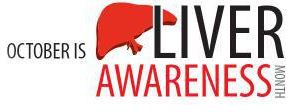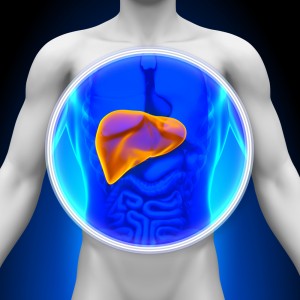Liver Awareness Month: Liver Disease Can Cause Pulmonary Hypertension

 October is Liver Awareness Month, and the Pulmonary Hypertension Association together with the American Liver Foundation are sharing with the general public information on a long-established relationship between hepatic disease and pulmonary hypertension. The new initiative aims to spread awareness, enhance patient education and knowledge, encourage preventive lifestyle changes, and promote better self-management among affected individuals.
October is Liver Awareness Month, and the Pulmonary Hypertension Association together with the American Liver Foundation are sharing with the general public information on a long-established relationship between hepatic disease and pulmonary hypertension. The new initiative aims to spread awareness, enhance patient education and knowledge, encourage preventive lifestyle changes, and promote better self-management among affected individuals.
In the U.S. alone, it is estimated that over 30 million, or 1 out of every 10 Americans, have some form of liver disease, such as hepatitis, non-alcoholic fatty liver, or hepatic cancer. Liver diseases can lead to portopulmonary hypertension (POPH), a form of pulmonary arterial hypertension.
When the liver is diseased, hepatic inflammation and scarring occurs, which impedes healthy blood flow into the liver for the necessary filtration processes. Blood backs up and causes right-sided congestion, which overwhelms the pulmonary vasculature, causes chronic damage and leads to POPH. Additionally, when the blood is not effectively filtered, the body is left with excess toxins and byproducts that are difficult to eliminate.
[adrotate group=”4″]
Symptoms of POPH resemble those normally observed in PAH, but may include the following signs characteristic of a liver-related origin:
- Gastrointestinal bleeding which manifests as black, tarry stools or vomiting of blood
- Ascites
- Encephalopathy or confusion and forgetfulness
- Hematologic alterations and clotting problems
[adrotate group=”3″]
POPH is commonly diagnosed using an echocardiogram, which can detect right-side congestion. The patient will then be subjected to right heart catheterization to confirm POPH. While there is still no definitive treatment, researchers are working on determining the potential of using drugs like epoprostenol. Some studies have even noted improvement in POPH patients after receiving bosentan, ambrisentan, or sildenafil.







